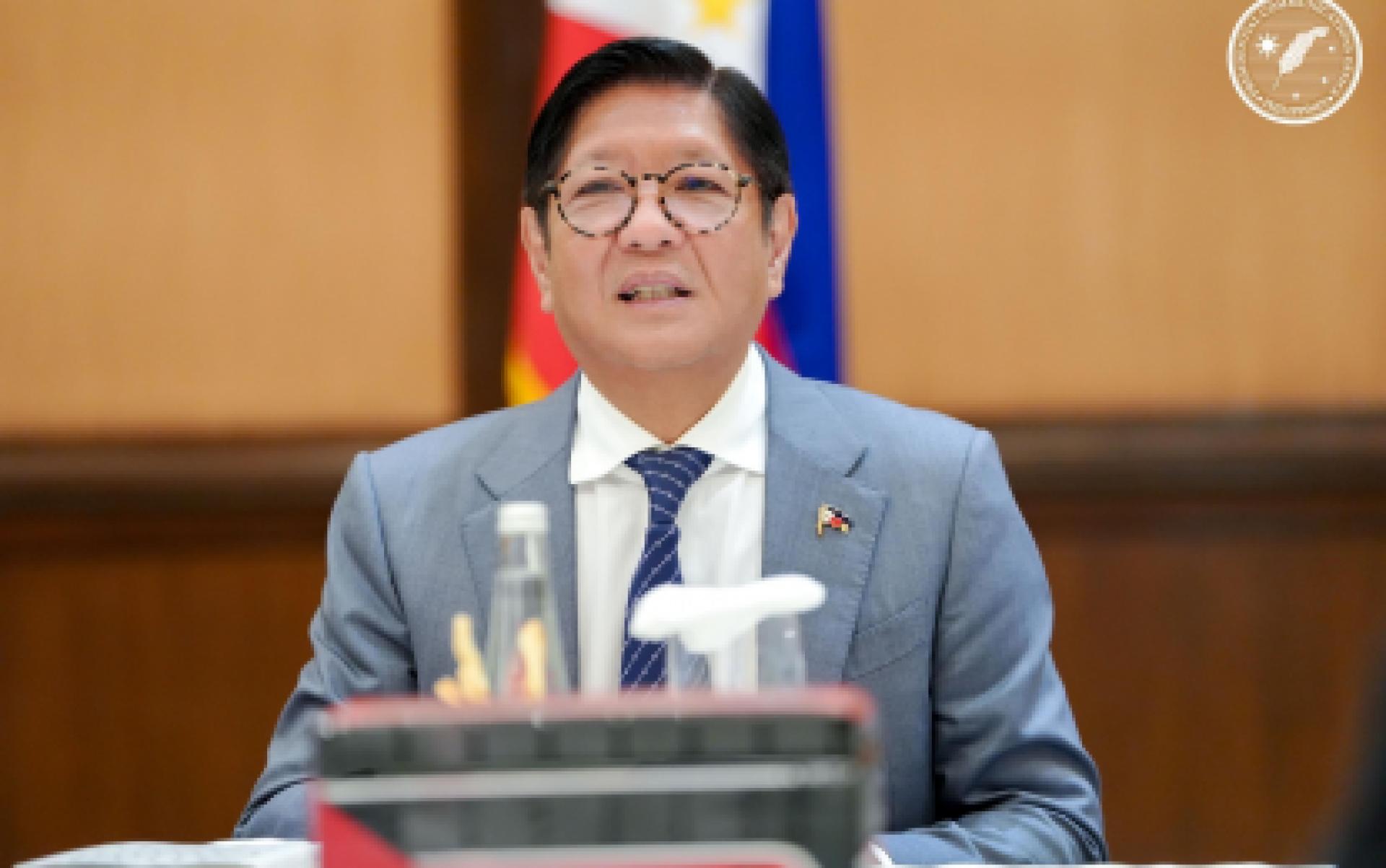(Bangalore, 8th) Philippine President Ferdinand 'Bongbong' Marcos Jr. clarified yesterday that the Supreme Court's ruling on the impeachment case against Vice President Sara Duterte only concerned procedural issues and did not touch upon the merits of the complaint.
During his state visit to India, Marcos Jr. told the Philippine press delegation: "Let me clarify. The Supreme Court did not review the substantive content of the case... This does not decide the merits of the case. It only discusses the procedures. So there was a problem, a defect, with the procedure. That’s what the Supreme Court assessed."
He emphasized: "This has nothing to do with whether the impeachment is right or wrong."
Marcos Jr. said that no hearings have been held so far, and the contents of the impeachment complaint have never been debated.
"To repeat, there has never been a hearing. So the substantive content of the case has not been reviewed, heard, ruled upon, debated, or discussed. Therefore, accountability is not involved at all. People must understand, this is a procedural issue."
He explained in Filipino: "They said the dates were wrong and the House's method was incorrect. This has nothing to do with the content of the impeachment complaint, but rather with how the impeachment process was handled."
The President stressed that the executive branch plays no role in the impeachment process.
"I’ve always told you, the executive branch has no role in these matters. The president has no role. I am an impeachable official. I cannot participate in any kind of such affair. So what is really involved are the Supreme Court, Senate, and House of Representatives."
On Wednesday, the Senate approved Senator Marcoleta’s motion to "comply" with the Supreme Court en banc's July 25 "immediate execution decision," effectively filing away the impeachment complaint.
Senate Minority Leader Sotto III’s separate motion to set aside Marcoleta’s motion was defeated with 19 votes against and 5 in favor.
The High Court’s unanimous decision found that the complaint violated the constitutional one-year interval rule and did not provide due process to the respondent, declaring the procedure invalid from the outset.
